We’ve all had a friend or a racing buddy that has issues losing weight.
Some of the time they might blame it on the fact that they eat too much, or perhaps that they drink too much, and occasionally, they might blame it on their metabolism.
But is the secret to losing weight much to do with a person’s metabolism?
In this article, we’ll look into whether that’s the case and whether cycling and certain foods can help.
First of all, however, let’s look into what the metabolism actually is.
What is the metabolism?
On a basic level, the metabolism is a range of chemical process inside a person’s body that keeps them alive. This, as you might already know, maintains organ function and helps digest food, which requires a lot of energy.
It is the minimum amount of energy that your body requires to carry out its chemical processes that we class as the basal metabolic rate (BMR).
This can range from anything between 40%-70% of your body’s daily energy requirements. This minimum range can vary depending on your age, lifestyle, and of course, your general fitness.
If someone was to have a slow metabolism, they would be considered to have a low BMR.
You can actually calculate your own metabolism from calculators online, such as this one, which uses the appropriate Harris-Benedict equation.
Whether someone has a fast or slow metabolism depends on a range of factors, but it also has a lot to do with how much muscle a person has.
As you can imagine, as we age we tend to lose a little muscle and gain a little fat, which is why some people’s metabolism may slow over time.
This can also vary between gender, as men have a faster metabolism due to the fact that they have more muscle mass and heavier bone structures.
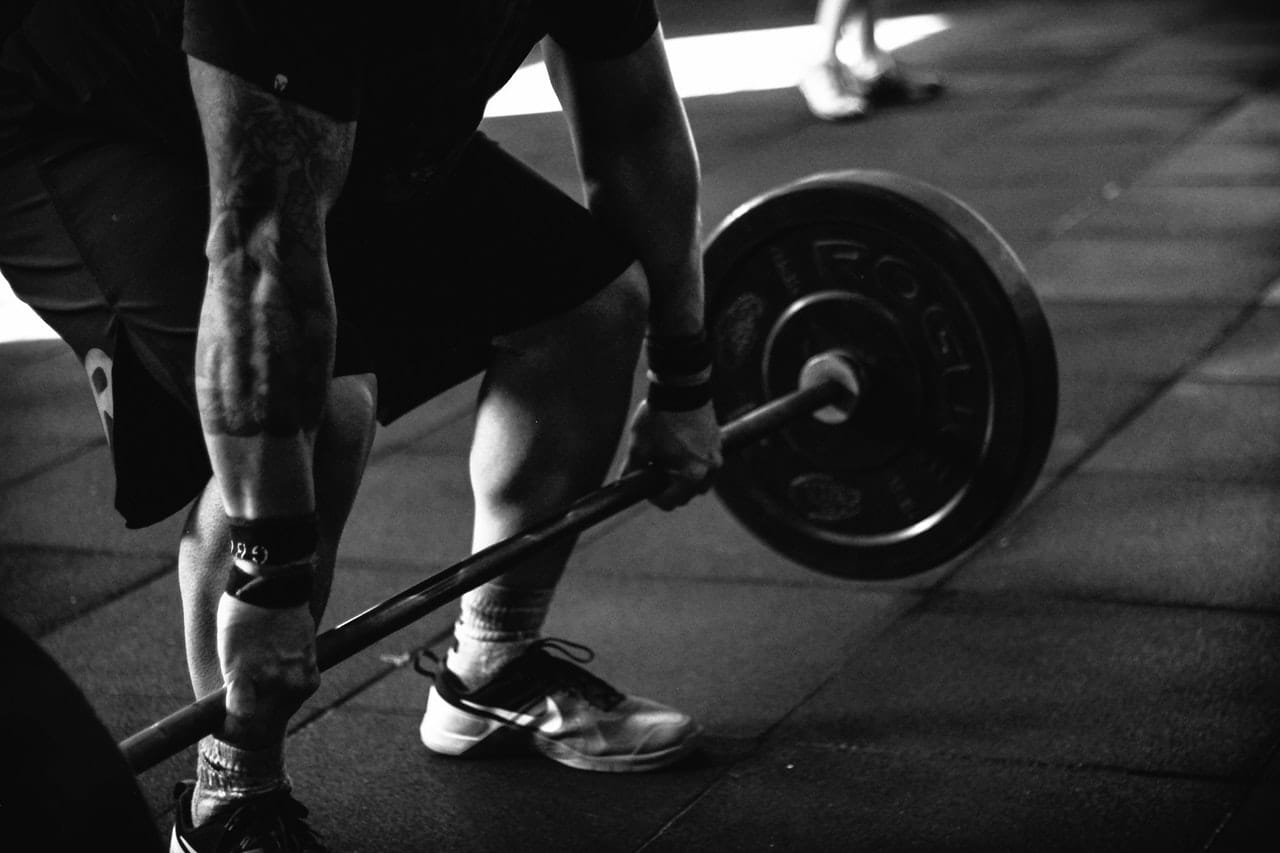
Can you change or improve your metabolism through cycling?
Due to the fact that we know that a person’s minimum BMR not only exists within a range but that it also changes due to a person’s age, it’s not hard to imagine that it can also be improved through cycling or any other form of regular exercise.
It is estimated that a steady rate of around 16-19 mph will burn around 850 calories per hour.
Due to the fact that you use a variety of organs while cycling, including lungs and those involved in the cardiovascular system, as well as major muscle groups involved in the legs, we do have the ability to raise our BMR through cycling.
There are a range of benefits for trying to achieve a better BMR.
Not only will you see an improvement in your cycling, but you’ll also see an overall improvement in your health.
This means that you will be reducing the risk of chronic diseases such as cancer, which will, in turn, increase your lifespan.
Even if you haven’t gone out on a long ride in a while, by incorporating small journeys into your routine or chores, you can help boost your overall health.
If you’re just starting out cycling, why don’t you check our comprehensive guide to choosing your first bike? Equally, if you’re looking to get your first road bike, why don’t you check out our curated review of the best road bikes offer on the internet?
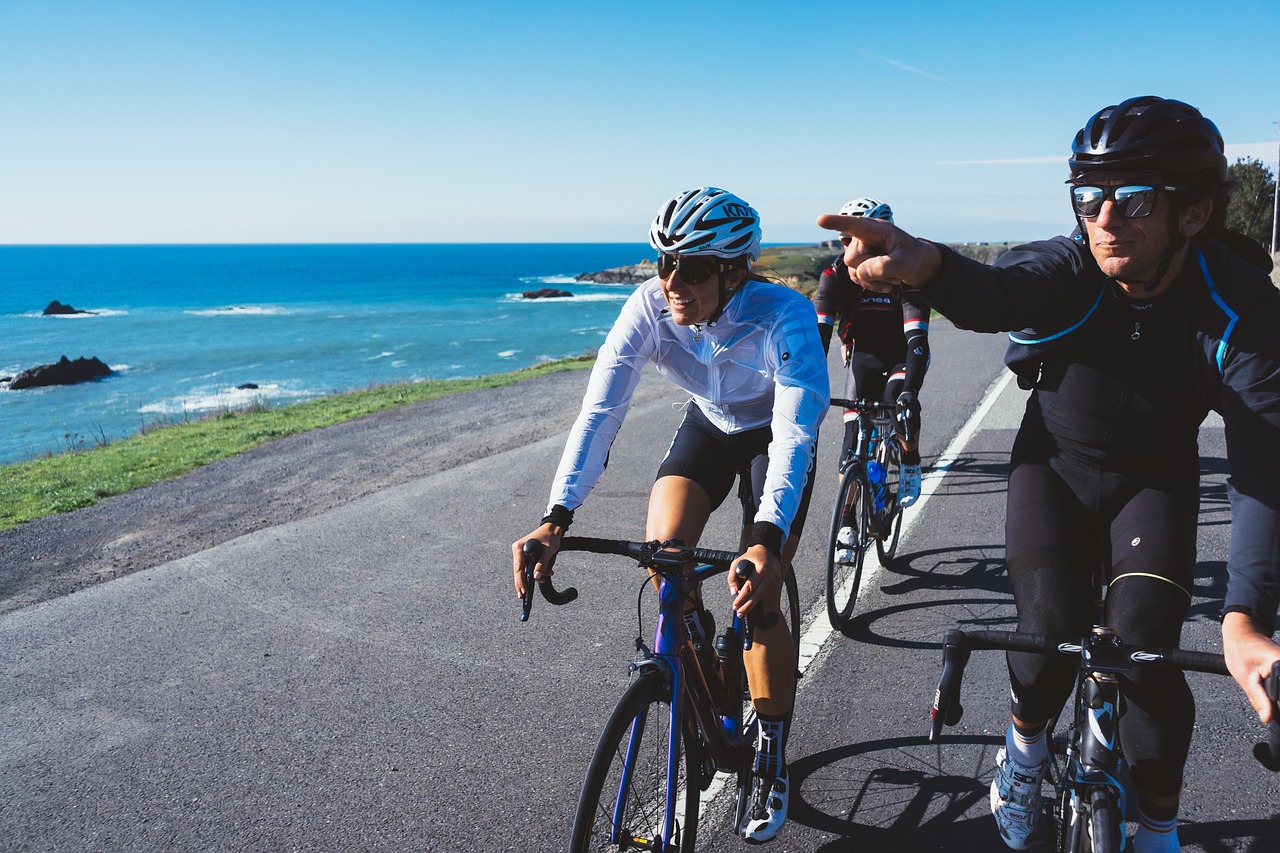
Losing weight through cycling
There’s no doubt that cycling is great for losing weight, but it’s important to remember that commitment is a key factor to shedding extra fat and maintaining a healthy lifestyle.
If you have a goal weight that you want to aim for, ensure to log both your cycling and exercise routines and habits so that you have a full understanding of how you’re doing.
Having a power meter installed on your bike can also help you accurately measure the calorie expenditure during your cycling.
It’s important to remember that you should aim to lose a safe amount of weight during any given time period. A calorie deficit of 500 calories per day, without any fluctuations, is a good target to help lose a safe amount of weight.
With this in mind, ensure to weigh yourself daily and do so at the same time every day.
Don’t compare yourself from the day before to ensure that you aren’t judging yourself based on a false reading. Log your weight or create a graph so that you get a more accurate trend line.
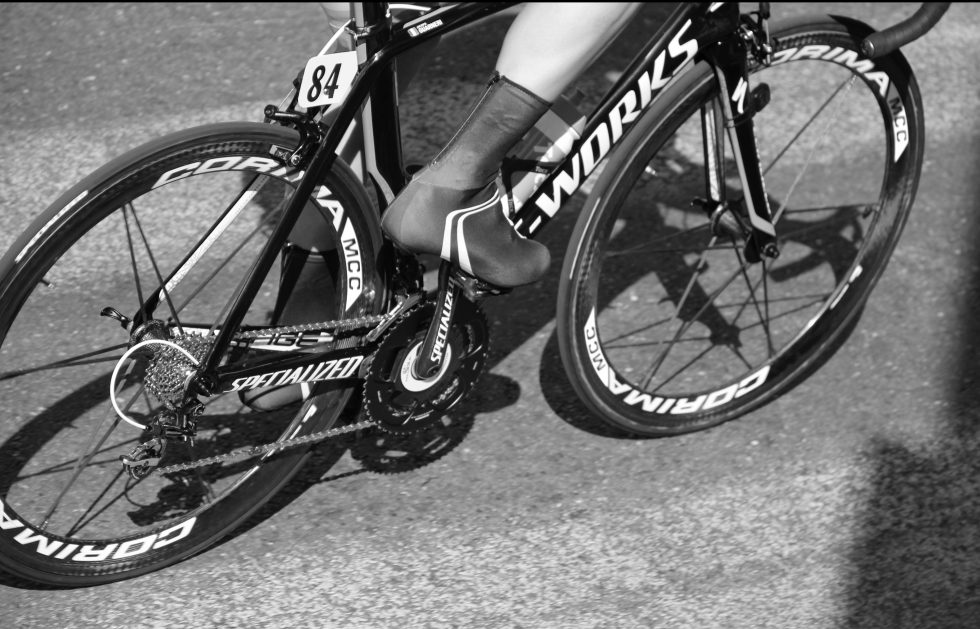
Staying committed
It’s a little-known fact that 80% of people give up new exercise regimes within a year after starting. This can be due to a multitude of reasons, but one of the most common is a commitment to the cause.
If you’re worried that your cycling routine might falter after a time, hit the road with a friend or as part of a biking community. By doing this, you’ll be able to spur one another on and encourage yourself to stick to it, even on the days when you would rather stay at home.
You can find a cycling club in your local area here.
If you need more reasons why you should start getting into cycling, check out our article on why you should start out cycling today.


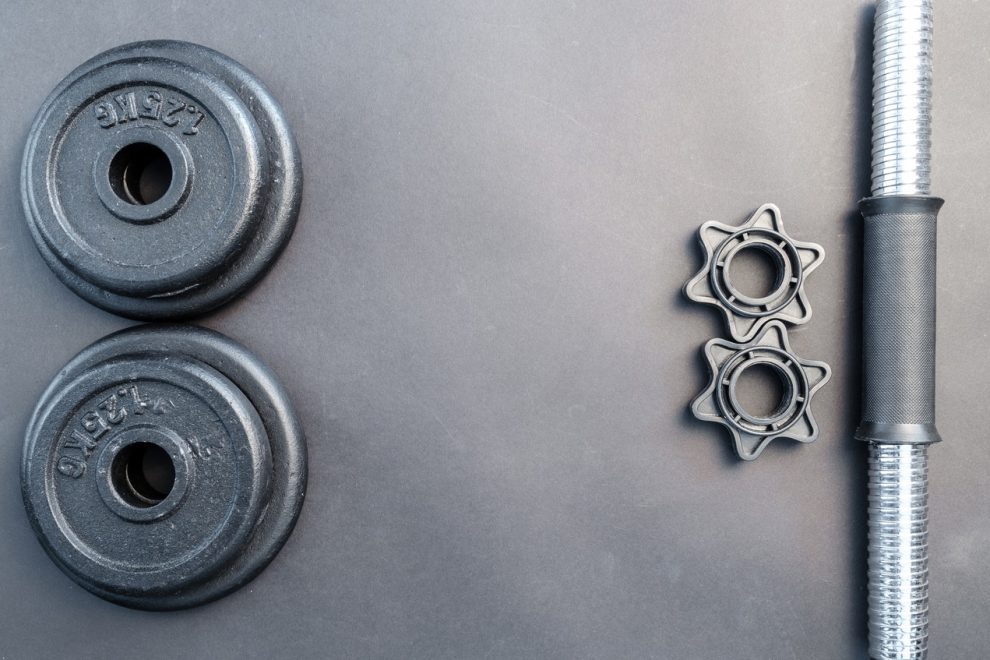


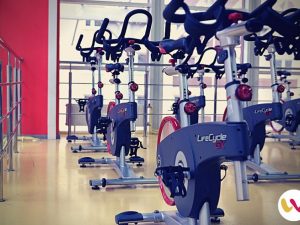



Add Comment